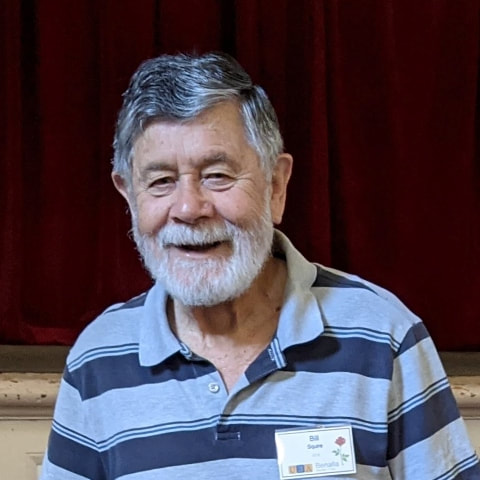Italian composer Guiseppe Tartini had a dream in which he was invited by the Devil sell his soul in return for which the devil would become Tartini’s servant. In the process Tartini saw and heard the Devil playing him a melody on the violin. That was the easy bit. The hard part came when Tartini awoke and tried to remember the melody devil had played!. The result was his Sonata in G which featured as one of the “pipe-openers” for this year’s musical excursions.
Beethoven, Mozart, Mussorgsky and Tchaikovsky with a little Wagner and Rossini made for some “easy” listening as we welcomed new members to our group.
Not so easy was to bid “Goodbye” to world famous Japanese conductor Seiji Ozawa who died during the month.
You can read and listen to our tribute to him along with the notes and recordings for both of our February sessions by accessing the links below:
Bill Squire
Overture to Tannhauser
Beethoven - Piano Concerto No.1
Tartini - 'Devil's Trill' Sonata
Mozart - Oboe Concerto
Session Notes 23rd February
Rossini - Overture to The Italian Girl in Algiers
Mussorgsky - Pictures at an Exhibition
Tchaikovsky - Serenade for Strings
Beethoven - Choral Fantasy (Ozawa)
Ozawa - Broadcast to Outer Space



